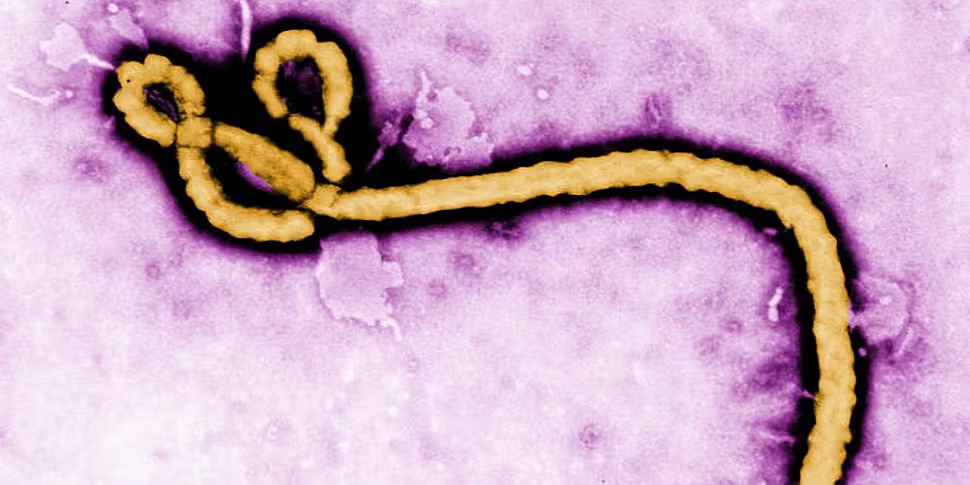A senior member of aid agency GOAL says people in Ireland have very little to fear from Ebola, after earlier media reports of a suspected case in Dublin.
The Health Service Executive (HSE) has said there are no confirmed, or suspected, cases of Ebola in Ireland. It comes as the World Health Organisation (WHO) says it believes the outbreak is worse than had been thought.
WHO staff working in west Africa have seen evidence that the number of reported cases and deaths are significantly underestimated.
Official figures show the disease has killed 1,069 people, with almost 2,000 confirmed or suspected cases.
The majority of the cases have occurred in Guinea, Sierra Leone and Liberia. Four deaths have also been reported in Nigeria.
But the WHO said there was evidence that the number of reported cases underestimated the scale of the suffering. The organisation also says it is planning for a long-term outbreak.
"The outbreak is expected to continue for some time. WHO's operational response plan extends over the next several months," it said in a statement.
"Staff at the outbreak sites see evidence that the numbers of reported cases and deaths vastly underestimate the magnitude of the outbreak."
The HSE said last month it has been preparing for a potential Ebola outbreak in Ireland 'for a long time'.
Although the risk is very low, two rounds of guidance have been issued to doctors and healthcare professionals since 2002.
Darren Hanniffy is senior manager at GOAL, and has just returned from Sierra Leone.
He told the Pat Kenny Show here on Newstalk that it is important not to spread "hysteria" here as Irish people have "very little to fear":
Olympic ban
Meanwhile, the International Olympic Committee (IOC) has said some competitors from countries affected by the Ebola outbreak will not be allowed to take part at the Youth Olympic Games in Nanjing, China.
The IOC said the athletes have been banned from combat sports and swimming pool events.
The ruling was made in a statement by the IOC and the Nanjing Youth Olympic Games Organising Committee. They said it was impossible to rule out the risk of potential infection.
Those from the affected regions competing in other sports will undergo regular temperature checks and physical assessments throughout the games, which begin on Saturday.
Experimental treatments
The WHO decided earlier this week that - in certain circumstances and with consent from the person being given the treatment - people with the virus can be given experimental drugs to try and treat it.
Several doses of the experimental drug ZMapp arrived in Liberia this week, while Canada has also pledged to donate up to 1,000 doses of its experimental VSV-EBOV vaccine.
Officials say only three people will receive ZMapp, which could prove life-saving, ineffective or even harmful.
The Liberian government previously said two doctors would receive ZMapp, but it remains unclear who else will be treated.
The Ebola outbreak was first identified in Guinea in March, and the spread of the disease has overwhelmed strained health systems in west Africa.
There is no licensed treatment for Ebola, and the virus is transmitted by contact with bodily fluids. The WHO has reiterated "transmission of Ebola virus disease during air travel remains low" and is advising against travel bans to and from affected countries.
Originally published 07:31









